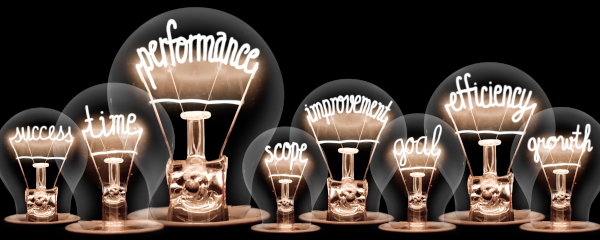There are seminal works that answer this question indepth. The short answer is: we do not see the connectedness of the whole system and then wonder why performance management does not work! There are many researchers that have come to the same conclusion about performance management as I have, yet we continue to implement a system that does not work!! Why do we do this? Read on to find out more.
My research topic was The Challenge of Performance, Leadership and Change. I will blog separately on each area: performance management for now and then leadership and finally change.
Before I launch into performance management here is a summary of the issues raised in the research from interviews confirming that the system was about:
- Lip service and a tick-a-box process
- Filling in a form
- Untimely and disconnected feedback ensuring nothing changes as far as behaviour and work output
- Inadequate and/or unfair rewards
- Delivering very little in the long run.
What’s the case for removing performance management systems?
There’s a great Harvard Business Review article called the Performance Management Revolution click here to read more: https://hbr.org/2016/10/the-performance-management-revolution
Cappelli and Tavis suggest that we need to move from accountability to a focus on learning. They say that by emphasizing individual accountability for past results, traditional appraisals give short shrift to improving current performance and developing talent for the future which hinders long-term performance and competitiveness.
The three key business reasons to drop performance management are:
- The return of people development
- The need for agility
- The centrality of teamwork
In my view, the last point is key. This cannot just be about individuals because organisations are about teams and a system that focuses on the individual creates disparate outcomes. Organisations are then seen as having resources for some but not for others. It can cause much pain. Perceptions are that it is then an unfair process because you single out individuals for developmental rewards and others not so much.
It is interesting to note that the AHRI website on performance management says that performance management is undertaken to maintain competitive advantage. Yet the systemic outcomes captured are on an individual basis. AHRI identifies that any system needs to improve organization, functional, team and individual performance. This is a key element, however, what is even more important is one of the last sentences of the article which says:
In order for a performance management system to work effectively, it must be encouraged and supported by strong leadership [support from senior management] and an organisational culture which values improvement.
Now this is the most critical piece in the story of performance. We need strong leadership and we need to have a culture that is effective and aligns with “what we say and what we do”. If we say that we value learning and improvement then our culture needs to support this. If you want to read the whole AHRI article here is the link: https://www.ahri.com.au/resources/ahriassist/performance-management/
So what am I trying to say?
I would flip everything on its head. Here’s a checklist:
- What type of culture do you have? And what type of culture do you need?
- If you select learning and improvement can you really follow through on it from the top down?
- If not, what type of culture can you deliver?
- How is performance linked into other systems in the organisation? How is it linked into team outcomes?
- How do your managers and leaders give feedback? Are they able to give strengths-based feedback?
- Are your managers and leaders able to control their emotions with staff that are non-performers and infect others with their inability to produce work and their passive-aggressive behaviour?
If you want to develop a new culture that values learning and improvement then you absolutely have to do something other than performance management. Give me a call because I can help you in targeting these areas to get better outcomes and performance for the whole organisation.




